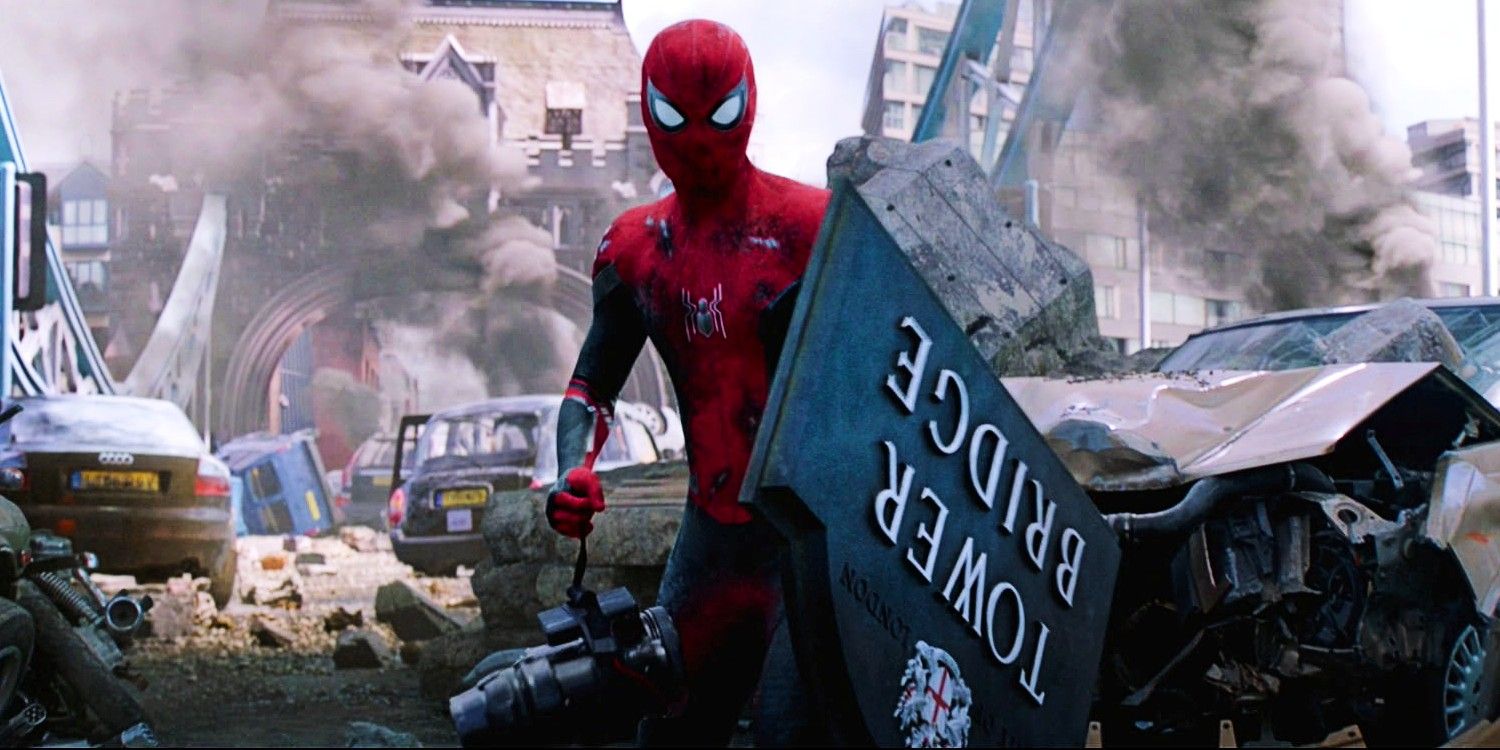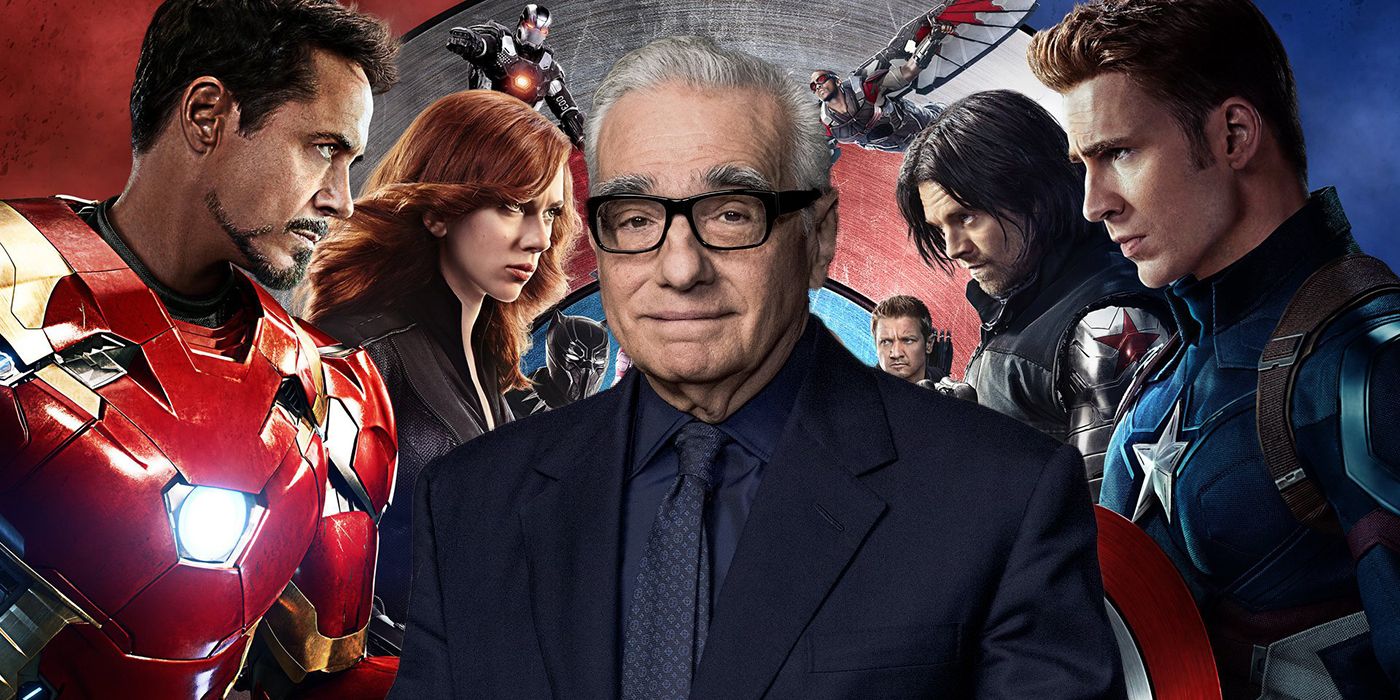Spider-Man: No Way Home star, Tom Holland, defends superhero movies from Martin Scorsese's accusation that they are not "real cinema". The 25-year-old actor has enjoyed a busy and varied career from a young age, beginning his career on stage playing the title role in Billy Elliot at London’s West End theatre before transitioning into film work with dramas such as The Impossible and In the Heart of the Sea. Opting not to take the traditional route of drama schools, Holland has claimed that these experiences were very informative to his process and allowed him to learn on the job, with directors and other creatives serving as his teachers.
His career shot into the mainstream in 2016 when he became the third actor to portray Peter Parker/Spider-Man on film in Captain America: Civil War. This recognition won Holland the BAFTA Rising Star Award in 2017 which the actor has more than lived up to in the following years. As well as clocking in six appearances as the wall-crawler, the actor has become a recognized quantity in his own right as he has featured in low-level dramas such as The Devil All the Time and Cherry and will lead another hopeful franchise in next year’s Uncharted.
In an interview with THR, Holland spoke about Spider-Man: No Way Home being pushed for Best Picture at the next Oscars ceremony and defended superhero movies against claims that they are not art. Holland alluded to the comments made by Martin Scorsese in 2019, comparing Marvel movies to ‘theme park rides’, claiming that Scorsese did not have insight into what the production of Marvel film was like. Speaking of his own experience, the actor claimed there was little difference in terms of production between a Marvel movie and a low-budget drama.
“You can ask [Martin] Scorsese ‘Would you want to make a Marvel movie?’ But he doesn’t know what it’s like because he’s never made one. I’ve made Marvel movies and I’ve also made movies that have been in the conversation in the world of the Oscars, and the only difference, really, is one is much more expensive than the other. But the way I break down the character, the way the director etches out the arc of the story and characters — it’s all the same, just done on a different scale. So I do think they’re real art.”
The actor did also concede that there are differences between these two types of films such as the expectations placed on their financial success. He then pointed out that several of his co-stars had no issue with appearing in both types of projects despite the disparity in scale.
“When you’re making these films, you know that good or bad, millions of people will see them, whereas when you’re making a small indie film, if it’s not very good no one will watch it, so it comes with different levels of pressure. I mean, you can also ask Benedict Cumberbatch or Robert Downey Jr. or Scarlett Johansson — people who have made the kinds of movies that are ‘Oscar-worthy’ and also made superhero movies — and they will tell you that they’re the same, just on a different scale. And there’s less Spandex in ‘Oscar movies.'”
Holland is a dedicated performer and has committed wholesale to portraying Spider-Man, from adopting a thick New York accent for Queens-born Peter Parker to performing a lot of the stunts himself. It is natural that the actor would feel strongly about defending projects that he puts a lot of effort into from accusations of not being real art and his points are certainly valid. The films made by Marvel Studios are, of course, art, the quality of which is subjective in the eye of any audience members who chooses to see them. These films also have a lot in common in terms of production from an actor’s perspective, albeit with a significant difference in budget, as Holland mentions.
However, when looking back at the comments made by Scorsese that ignited this debate, there are many differences in other aspects of a film's lifespan that have to be taken into account. When clarifying his statements, Scorsese said his issue with Marvel Studios was not their production of mass market entertainment but that the high-profile nature of the films releases majorly obscured smaller movies, which were finding it harder to obtain any screenings in most theaters. Such problems only seem to have been exacerbated by the Covid-19 pandemic as 2021 saw a return to regular cinema releases but audiences appear to be attending major studio releases over smaller ones. While this debate is ongoing, both sides have valid points and it’s clear that a new equilibrium needs to be found in order for both types of films to still be produced going forward.
Source: THR







